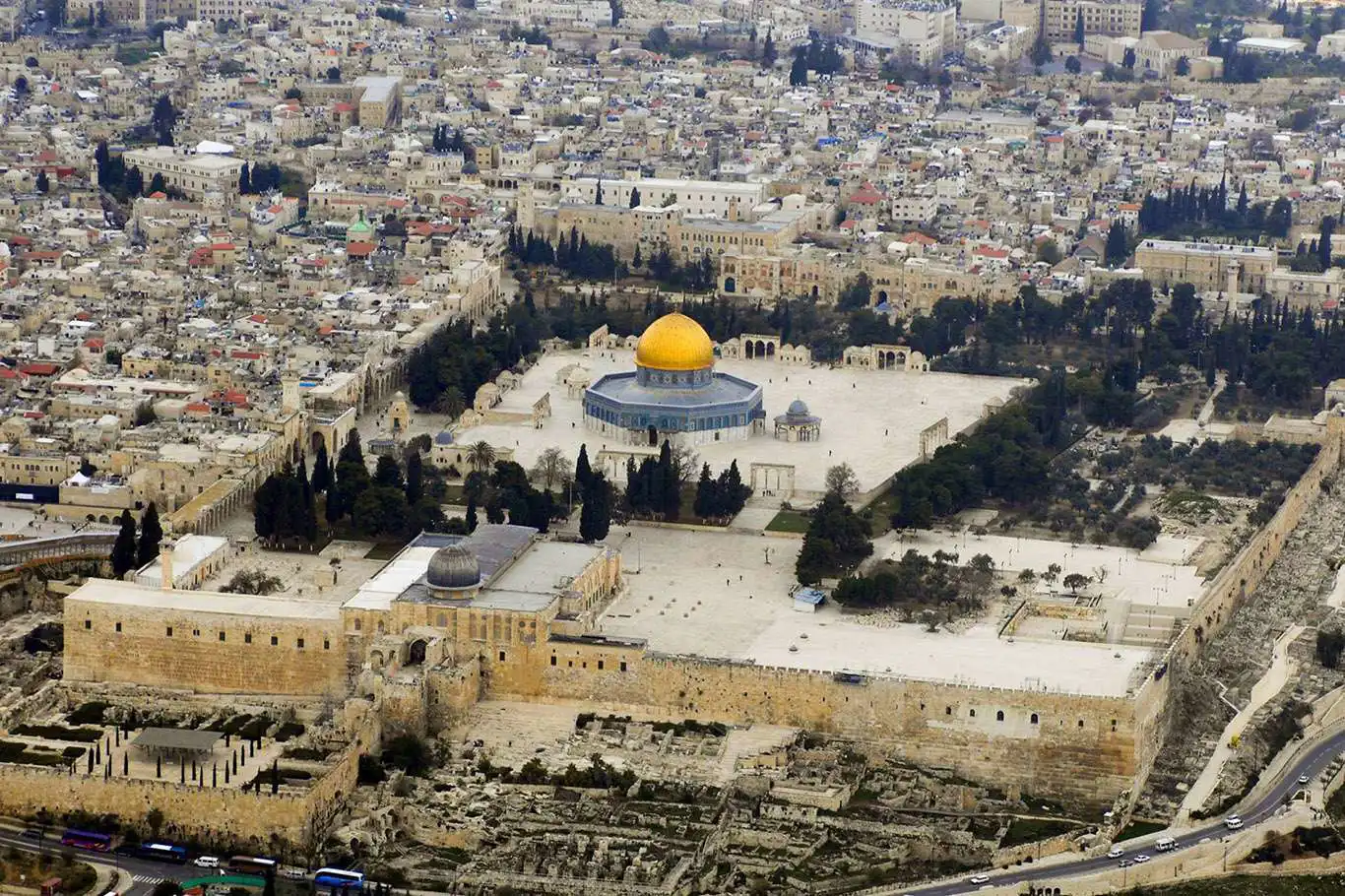Al-Quds Global Week highlights Palestinian struggle amid normalization efforts


The Arab and Islamic world is set to commemorate Al-Quds Global Week from January 23 to 30, an initiative jointly declared by the International Union of Muslim Scholars and the Palestinian Union of Scholars in 2021.
The event coincides with the last week of the Islamic month of Rajab and serves as a reminder of the enduring Palestinian struggle for justice and the protection of Al-Quds (Jerusalem).
This year's observance takes place against the backdrop of normalization agreements between several Arab countries and Israel, which many critics argue undermine the Palestinian cause. These agreements, aimed at bolstering security and fostering closer ties with Washington, have been widely condemned for ignoring the ongoing suffering of Palestinians and the continued occupation of their land.
The primary burden of defending Al-Quds continues to rest on the shoulders of Palestinians, who face relentless attempts by Israeli authorities to Judaize the city and erase its Palestinian and Islamic identity. Despite these efforts, Palestinians have demonstrated remarkable resistance, notably preventing the imposition of electronic gates at Al-Aqsa Mosque and countering attempts to alter the status quo of the holy site.
Palestinians’ unwavering persistence has become a powerful symbol of resilience, even as some Arab nations prioritize economic and political normalization with Israel over addressing Israeli transgressions at Al-Aqsa and in Palestinian territories. Critics have decried the lack of substantial action by Arab and Islamic governments, which often limit their responses to statements of condemnation without tangible steps to protect Palestinian rights.
Al-Quds Global Week aims to rally the Arab and Islamic world, including scholars, activists, organizations, and governments, in support of Palestinians. The event also commemorates the historic liberation of Al-Quds by Salah Al-Din Al-Ayyubi in 1187 CE (27th Rajab, 583 Hijri).
Islamic teachings highlight the spiritual and moral imperative to defend Al-Quds and its holy sites. A hadith of the Prophet Muhammad (PBUH) states: “A group of people from my Ummah will always remain triumphant on the right path and continue to be triumphant (against their opponents). He who deserts them shall not be able to do them any harm. They will remain in this position until Allah's Command is executed.”
Organizers emphasize the importance of keeping the Palestinian cause alive in the hearts of future generations, urging young Muslims to carry forward the legacy of their forebears who sacrificed to protect Al-Quds and its holy sites. Al-Quds Global Week serves as a unifying call to action, urging the international community to support Palestinian efforts to preserve their land, identity, and sacred sites.
In a time when normalization threatens to overshadow the Palestinian struggle, Al-Quds Global Week is a poignant reminder of the collective responsibility to uphold justice and solidarity with the Palestinian people. (ILKHA)
LEGAL WARNING: All rights of the published news, photos and videos are reserved by İlke Haber Ajansı Basın Yayın San. Trade A.Ş. Under no circumstances can all or part of the news, photos and videos be used without a written contract or subscription.
The European Union is grappling with an unprecedented escalation in drug trafficking, with officials estimating that over 100 tons of cocaine enter the continent each year—a figure that European security agencies admit may represent only a fraction of the true scale.
On November 2, 1917, British Foreign Secretary Arthur James Balfour sent a short letter to Zionist leader Lord Rothschild, pledging Britain’s support for a Jewish homeland in Palestine.
One year has passed since Yahya Sinwar, the legendary leader of Hamas in the Gaza Strip, was martyred in a direct confrontation with Israeli forces in Rafah.
Two years have passed since the morning that forever altered the course of the Palestinian struggle — the dawn of October 7, 2023, when the besieged enclave of Gaza broke through its prison walls in a thunderous uprising now etched into history as Operation Al-Aqsa Flood.